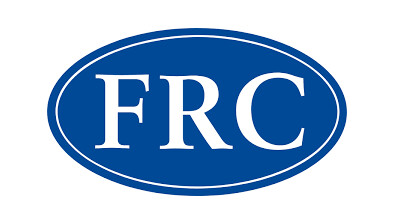FRC hones in on directors in attempt to prevent accountancy scandals

The Financial Reporting Council (FRC) is planning a drastic change to rules governing company boards which will place more responsibility on directors to vouch for the integrity of their financial controls.
The changes arrive in response to the scandals at Carillion, Patisserie Valerie, M&C Saatchi and Ted Baker.
The FRC is developing a British version of Sarbanes-Oxley, the American law passed in 2002 after the collapses of WorldCom and Enron, placing more responsibility on directors. If the changes are adopted into UK law, the adoption of the American system would open the possibility of criminal proceedings against company bosses and finance directors for reporting misleading statements to the market.
Accounting firms already face being separated operationally into their audit and advisory businesses to clamp down on conflicts of interest.
Deloitte, PwC, EY and KPMG (The ‘Big Four’) have been hit with large fines for auditing failures, while Grant Thornton, the sixth biggest, could be forced to pay £21 million in damages to former client AssetCo for what a judge called negligence “of the utmost gravity”.
Sir John Kingman, Legal & General chairman, recommended replacing the FRC with a tougher regulator last year. He said that the FRC’s successor should establish a “strengthened framework” for companies’ internal controls, “learning any relevant lessons from the operation of… Sarbanes-Oxley in the US”.
Around a quarter of FTSE 100 companies already follow Sarbanes-Oxley because they have exposure to US capital markets. A British version would increase costs for others and could squeeze medium-sized public and private companies, The Times reports.
The FRC, chaired by former Glaxo Smith Kline finance director Simon Dingemans, could bring in the core requirements for directors to take responsibility for their financial controls without legislation, “reinforcing” the rules through law at a later date.







